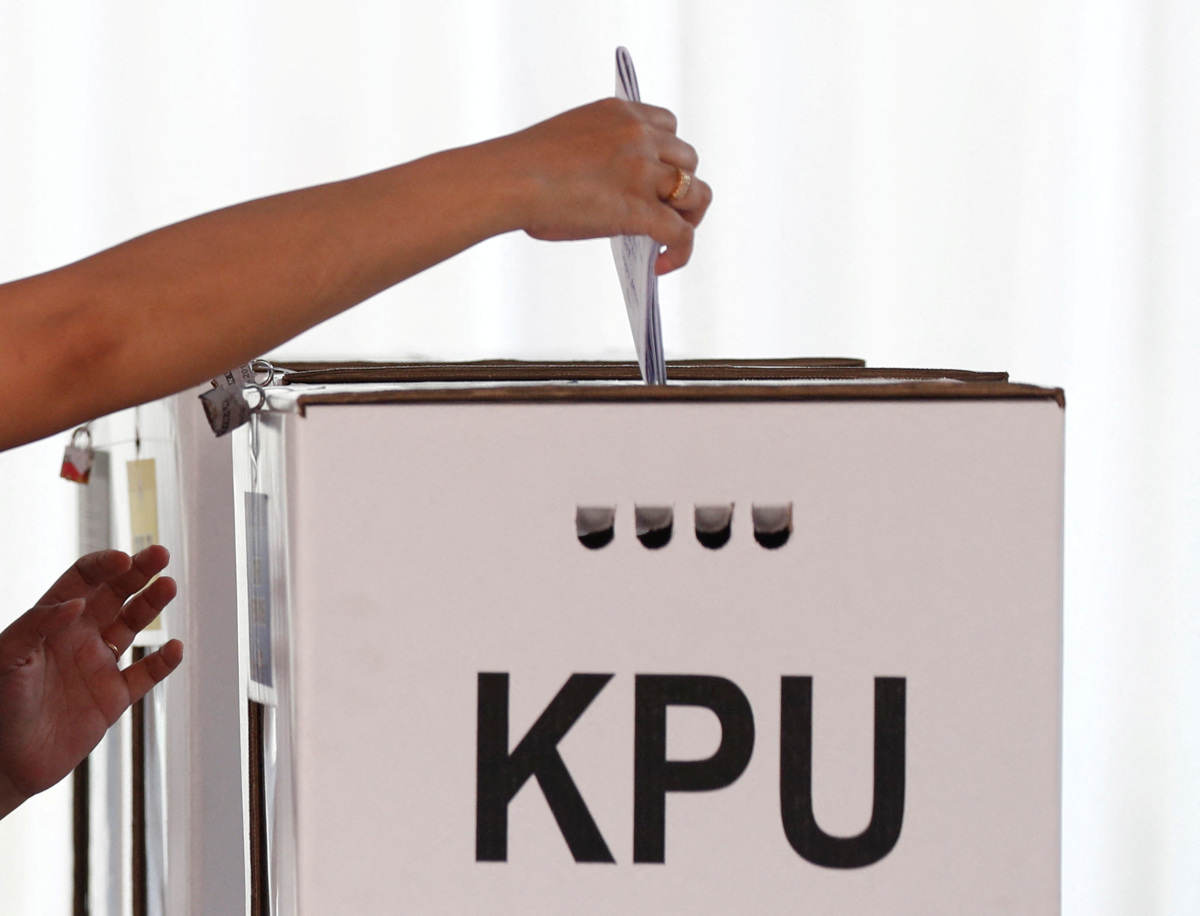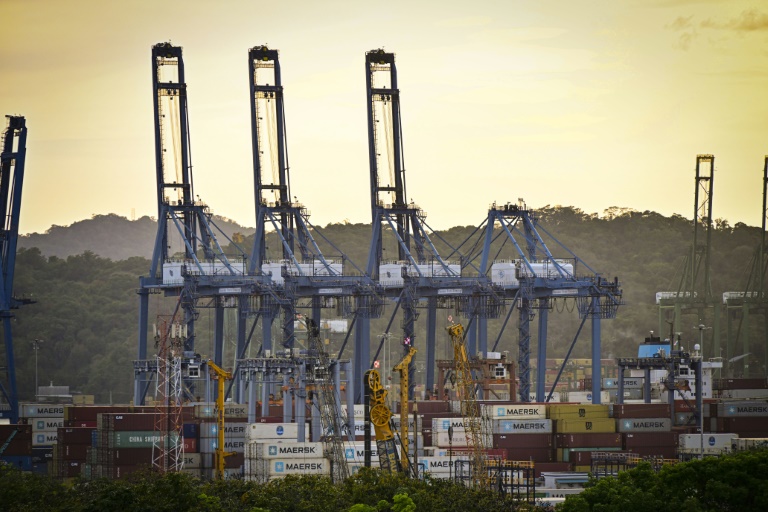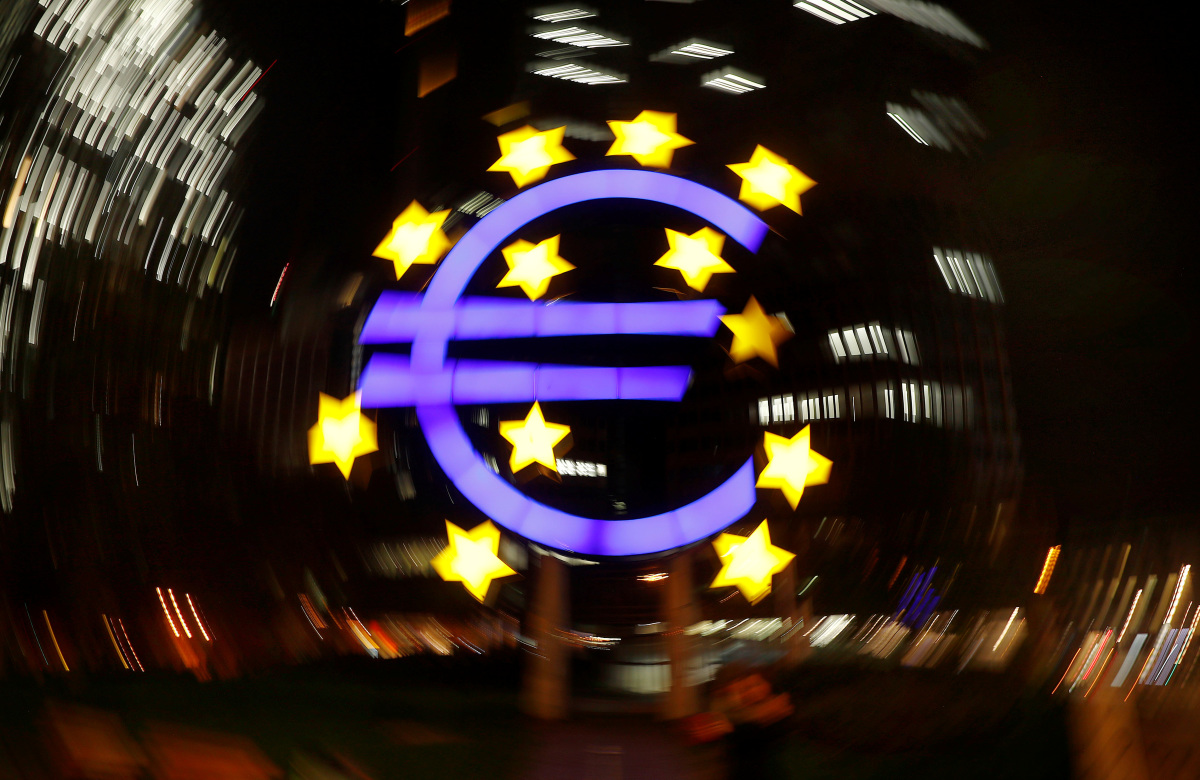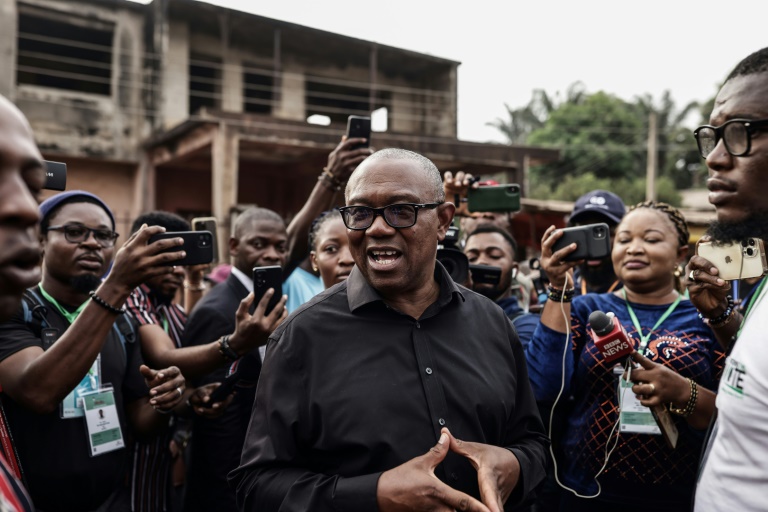Reuters
An Indonesian court on Thursday ruled the national poll body must halt election procedures for more than two years, effectively delaying a 2024 presidential vote, a verdict the country’s biggest party said it would not recognise.
Deciding a civil lawsuit launched by an obscure political party that said it was denied the chance to contest the 2024 polls, the Central Jakarta district court ordered election processes be stopped for two years, four months and seven days, according to the court’s website.
The court could not be reached and it was not immediately clear why it had ordered the delay, which would move the election back to 2025 at the earliest.
The Indonesian Democratic Party of Struggle (PDIP), the country’s biggest party, said the court had no right to make such a decision.
“PDIP thinks the court’s ruling must be annulled,” Hasto Kristiyanto, secretary general of PDIP, said in a statement, calling for an investigation into why the judges issued the decision.
Hasyim Asy’ari, the head the election commission, known by its Indonesian abbreviation KPU, told Reuters it would appeal the decision at a higher court.
The Just Prosperous People’s Party, or Prima Party, lauded the court for its decision and said it had been wrongly rejected during a verification process by the KPU.
“We hope all parties respect the ruling by the district court. Sovereignty is on the hands of the people. This is a victory of the common people,” it said in a statement by chairman Agus Jabo Priyono and secretary general Dominggus Oktavianus.
The polls scheduled for Feb. 14 next year are set to elect a new president and parliament to govern Southeast Asia’s biggest economy and its most populous country.
Indonesia’s law and human rights minister, Yasonna Laoly, said he would not comment until he had read details of the ruling.
The decision divided legal experts over whether a district court has the power to delay a 2024 presidential election.
Bivitri Susanti, a constitutional court expert from the Indonesia Jentera School of Law, said the verdict could only be legally binding if the KPU does not appeal, or if it loses at higher courts.
“However, I must note that in the election law, there is no avenue to challenge through a district court like this. This is outside of the court’s authority,” she said.
Titi Anggraini of election watchdog Perludem said the court had acted beyond its authority, calling the verdict “weird, awkward and suspicious”.
Andalas University law expert Feri Amsari said the court should have ruled on the party verification process, instead of ordering an election delay.







